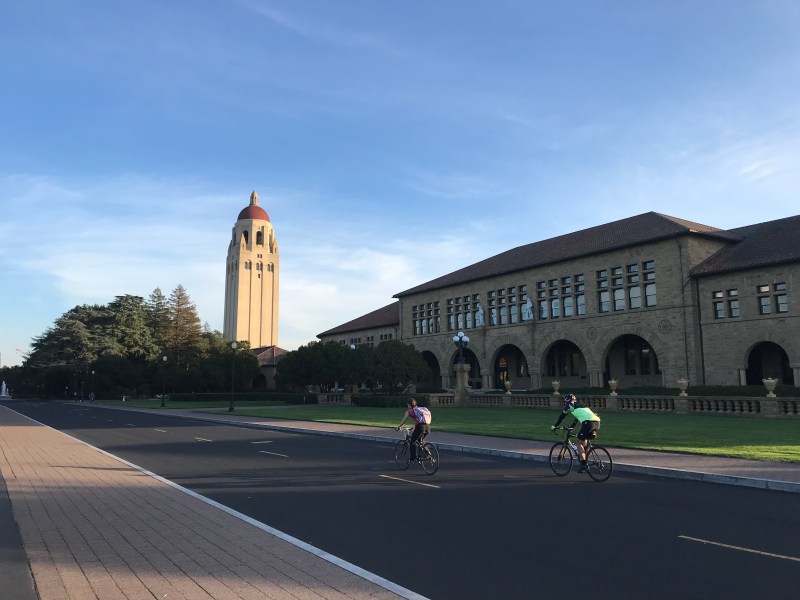The IDEAL Provostial Fellows program’s first cohort is set to arrive on campus in the fall, and they are gearing up to add a new dimension to the study of race and ethnicity at Stanford while providing much-needed mentorship to undergraduate students of color.
Some fellows, coming from universities across the country, say they are excited to build on their groundbreaking race and ethnicity research at Stanford.
They are arriving after the University launched its Inclusion, Diversity, Equity and Access in a Learning Environment (IDEAL) initiative in 2018 as a part of a long-term effort to enhance professoriate diversity through faculty cluster hiring and study the roles that race and ethnicity have on society. In the aftermath of the murder of George Floyd, Stanford president Marc Tessier-Lavigne announced the IDEAL Provostial Fellows program as one of several initiatives to address anti-Black racism, consisting of five early-career postgraduate scholars whose scholarship focuses on race and ethnicity.
These scholars, according to incoming IDEAL fellow Jordan Starck, are “representative of the communities that the academy needs to serve.”
Starck, a postdoctoral psychology researcher from Princeton University, is most looking forward to joining the academic community at Stanford. In his research, he investigates the effects that diversity and the reasoning behind it, when implemented by colleges and universities, have on Black students. According to Starck’s research, colleges typically rationalize measures that increase diversity either through instrumental or moral means.
Instrumental rationale emphasizes the educational benefits of a diverse student population. Moral rationale, on the other hand, argues for diversity for the purpose of uplifting under-represented and oppressed minorities to create a more egalitarian society.
Starck explains that the moral case for diversifying academia is often neglected by educational institutions.
“We cannot forget the moral principle case for doing so, we cannot forget the wrongs that we are trying to right by doing so and the fact that we have a racist society,” Starck said. “We can’t just talk about how people benefit from the diverse representation […] we also have to talk about why it is the just thing to do to include people from marginalized backgrounds.”
Another key goal of the IDEAL fellowship is to empower scholars of color by providing them access to Stanford’s resources and mentorship through a community of scholars of color. The program seeks to address issues scholars of color face in predominantly white spaces.
Michaela Simmons, who holds a Ph.D. in sociology from the University of California, Berkeley, said she plans to continue her research looking at the American foster care system through a racialized lens as an IDEAL fellow at Stanford.
Simmons plans to write a book that she hopes will shape how people think about solutions to racial justice in foster care. “That means looking at how the state can and has helped stabilize some families through economic and social safety net policies,” she said.
She emphasized the need for scholars to reflect the communities they study. “Part of my goal as a professor is to break this dichotomy in the social sciences where oppression is often framed as something others experience, and we study,” Simmons said.
Like Simmons, Eujin Park, a postdoctoral researcher of educational policies from University of Illinois at Chicago, is devoting her time as an IDEAL fellow to work on a book. Her book will focus on how Asian Americans navigate racialization within community-based educational spaces. The book holds personal significance to Park as it focuses on the Korean-American community, which Park identifies with.
“I want to do right by my community,” Park said. Her work aims to inform community organizations and schools with strategies for educational equity and social justice.
Though each unique in their work, all of the IDEAL fellows who spoke to The Daily underscored their desire for the program to open the door for other scholars of color and develop their research in hopes of enriching their communities.
“I hope that this leads to more innovative research that challenges mainstream narratives about marginalized and racialized communities,” Park said, adding that she hoped the IDEAL Fellows program would also bring about “more dedicated university educators who know how to meaningfully support students of color, and a stronger network of collaboration and mentorship for scholars of color.”
